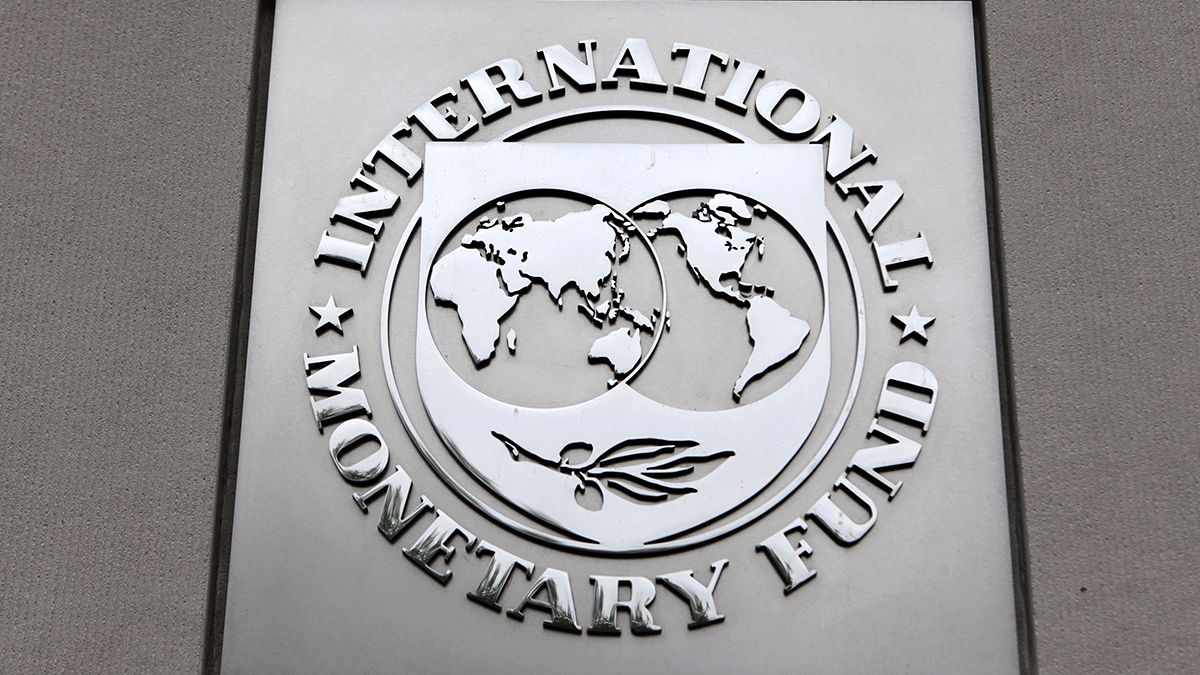The International Monetary Fund says Britain's decision to leave the European Union will reduce economic growth worldwide this year and in 2017.
The International Monetary Fund has said Britain’s decision to leave the European Union will reduce economic growth worldwide.
It has trimmed its global growth estimate to 3.1 percent this year and 3.4 percent in 2017. That is down 0.1 percentage point for each year from the estimates it issued in April.
Because of the referendum vote on June 23rd the IMF has also cut its growth forecast for Britain. The 2016 prediction is for the economy to expand by 1.7 percent, down 0.2 percentage points from what it thought in April. It cut the 2017 UK forecast more sharply, by 0.9 percentage points, to 1.3 percent.
Maurice Obstfeld, Economic Counsellor & Director of Research at the IMF, told reporters: “As of June 22nd we were prepared to upgrade our 2016-2017 growth projections slightly. But Brexit has thrown a spanner in the works."
Benign, downside and severe scenarios
The headline forecasts were made under relatively benign assumptions of a settlement between the EU and Britain that leads to limited political fallout, avoids a major increase in economic barriers and prompts no major further financial market disruptions.
But the IMF also modeled other scenarios, including a “severe” one in which the divorce negotiations go badly, financial stress intensifies, the UK-EU trading relationship reverts to World Trade Organization rules, and London loses a large portion of its financial services sector to continental Europe.
Under that scenario, Britain would fall into recession and global growth would slow to 2.8 percent in both 2016 and 2017, the IMF said.
A middle scenario labeled “downside” would see tighter financial conditions and lower consumer confidence than the baseline, with the UK losing some of its financial services sector to Europe. It shows global growth at 2.9 percent in 2016 and 3.1 percent in 2017.
Brexit adds to uncertainty: Possible “downside” and “severe” scenarios #WEOhttps://t.co/2OFqiHHvTupic.twitter.com/XFuic2whGI
— IMF (@IMFNews) July 19, 2016
Britain’s central bank is due to announce stimulus measures in early August to cushion the effects of Brexit which are expected to include reduced consumer and business confidence and lower investment amid the uncertainty as London renegotiates its trade relationship with Europe:
But IMF chief economist Obstfeld stressed this is a long game: “It is important therefore to underscore that the real effects of Brexit will play out gradually over time, perhaps over many months, adding elements of economic and political uncertainty that will have to be resolved over a long period.”
The Fund also lifted its eurozone growth forecast slightly for 2016, but cut its 2017 outlook by 0.2 percentage point to 1.4 percent for 2017.
IMF issues post-Brexit downgrade for UK https://t.co/OvIJMlktJ9pic.twitter.com/VjzAH4lI6V
— Financial Times (@FT) July 19, 2016
China, Brazil, Russia, Japan and Nigeria
The IMF said China’s outlook was largely unchanged, with a slight improvement to 6.6 percent seen in 2016, but still slowing to 6.2 percent in 2017.
Recessions in Brazil and Russia will be less severe than previously forecast this year due partly to some recovery in oil and commodities prices, the IMF said, adding that both countries will return to positive growth in 2017.
The IMF said it had been prepared to raise Japan’s 2017 growth outlook by 0.4 percentage points after the delay of an increase in sales tax due next spring, but this has been cut in half by the continued rise in the yen’s value.
It now expects 2016 growth of 0.3 percent compared with 0.5 percent previously, while 2017 growth will be barely in positive territory at 0.1 percent.
Nigeria’s economy, the biggest in Africa, is likely to contract by 1.8 percent this year, the IMF said, as the country grapples with the impact of low oil prices.



